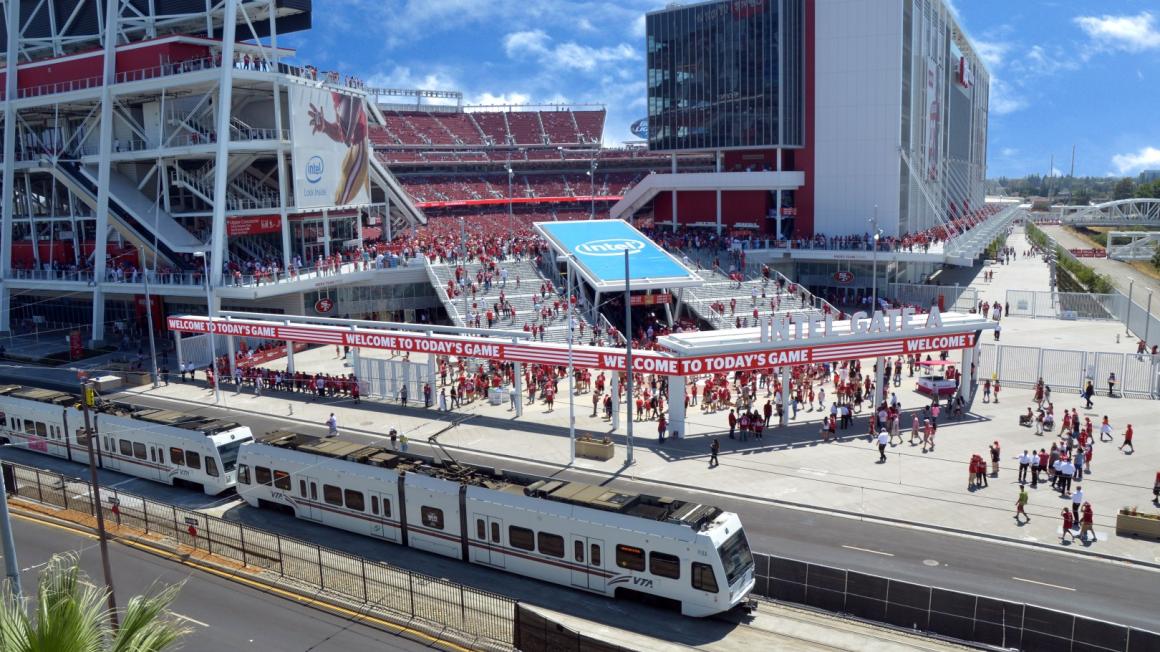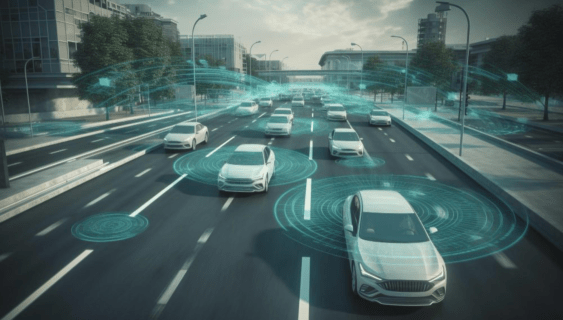Let's say you're at the movies, and you look up at the box office
only to see no ticket prices listed. You know you're going to have to
pay for the show eventually -- perhaps even during income-tax season --
but for now you can watch all you want, seemingly for free.
 (Photo: Roloff via Flickr)
(Photo: Roloff via Flickr)How many movies would you see? One, two ... or as many as you wanted to?
Former federal highway official Steve Lockwood presented that hypothetical at today's University of Virginia conference to illustrate the nation's wacky notion of transportation pricing.
"The reason we don't have a flexible dialogue when it comes to pricing is that we don't know how much things cost," he said.
Right now
tolling is prohibited on existing interstate highway systems built with
federal funds, with a few exceptions. But conference speakers on both
ends of the political spectrum agreed that the transportation system
must be priced more accurately in order to avoid catastrophic
consequences.
In other words: It's time to start properly labeling the price of a movie ticket.
Douglas Foy, the former development secretary of Massachusetts, and transit critic
Adrian Moore of the Reason Foundation, sparred on many issued but
agreed that any new highway capacity should include charges beyond the
gas tax.
The comparison of film-going to driving is an
imperfect one, to be sure, but the core need to inform the public about
the consequences of decision-making applies to both activities.
"People
love to believe they can be free riders," Jay-Etta Hecker of the
Bipartisan Policy Center told conference attendees today. "People need
to be educated that this isn't a free-rider system."
The
federal effort to encourage sounder urban transportation pricing
remains in its infancy, however. Mary Peters, George W. Bush's second
transportation secretary, introduced the Urban Parternship Agreements
(UPA) in 2007 to incentivize congestion mitigation efforts, but New
York City lost its chance at the UPA cash after the state legislature
voted down congestion pricing.





